
Bloodborne’s boss fights are dead scary, and heightening the sense of terror is the epic musical score. The ambitious music project was a globe-spanning collaboration between JAPAN Studio, From Software, and SCEA’s Product Development Services Group (PDSG), and was recorded at London’s prestigious AIR Studios.
And you can now set your heart racing even when you’re not playing Bloodborne, with the score available to listen to on its own — from the punishing orchestral stabs of “Blood-starved Beast” to the soothing respite of “Hunter’s Dream.”
To celebrate the CD and digital release of the Bloodborne Original Soundtrack and gain a little insight into how it was made, we spoke with Tsukasa Saitoh, Yuka Kitamura and Nobuyoshi Suzuki from the sound team at FromSoftware; composer Ryan Amon, whose previous credits include the soundtrack to Neill Blomkamp’s Elysium; and Peter Scaturro at PDSG.
Congratulations on the CD and digital release of the Bloodborne Original Soundtrack! What influences and inspirations drove the style and composition of the score?
Ryan Amon: Visually, there was a Victorian-Gothic crossover and just a hint of fantasy. The game developers discussed certain musical elements that they thought would represent the world of Bloodborne well, and the colors of the artwork were very influential in deciding the colors of the score for me as well.
Also, Bram Stoker’s Dracula was one of my first soundtrack purchases when I was younger, and with composer Wojciech Kilar’s recent passing in 2013 I felt that it was something I wanted to pay tribute to in my own way.
Tsukasa Saitoh: We drew on the keywords of “mortal struggle” and “horror” which were determined at the beginning of development, and also built up an image from things like the boss and map designs. In order to express the early-modern Victorian setting, we decided to rule out organ, woodwind instruments and certain brass instruments, such as trumpet, and so on. Rather than something grandiose, we aimed for a black and withered atmosphere.
The music in Bloodborne has been highly praised for its enhancement of the game world and atmosphere. Was storytelling part of the music brief?
Ryan Amon: We definitely talked about the story and why the main character is on his journey, and the fact that there is no one really holding your hand as you progress. There was a great emphasis on capturing the small intuitive details of the world, especially the loneliness and forlorn beauty of it.
Each boss battle comes with its own intense theme. How much did the design and back-story of each specific boss affect the way you composed the music?
Nobuyoshi Suzuki: The design and back-story had a large effect on me. The One Reborn, whose music I was in charge of composing, is a ghastly figure of ritual mass-sacrifice, and so the feeling of horror and of something disgusting was the underlying premise, with greater themes of adornment and royalty. So I started with the simple image of using deep bass-instrument riffs to invoke a sense of royalty, and the choir to express adornment, and began composing from there.
Yuka Kitamura: While composing the music for (rollover for spoiler) Ebrietas, Daughter of the Cosmos, I sensed themes of the universe, of finality, of something godly, and I was filled with visions of the end of the world as I worked on that song.
What were some of the challenges of working with composers and performers on three separate continents?
Peter Scaturro: Talking about music is a challenge with every project, but this one was particularly unique because the language barrier added another layer of potential misinterpretation. In this regard, the production team at JAPAN Studio was key to the success of the score.
And what were some of the benefits of working in this way?
Peter Scaturro: I think we all benefited from the cross-cultural exchange of ideas presented during this project. The Japanese composers brought a unique approach to the music that was very refreshing. And I think that the American composers were able to inject some of the sensibilities of a modern film score. We’re all very proud of the fusion of ideas that are presented in the Bloodborne score.
Finally, the music you wrote for Bloodborne will haunt the nightmares of gamers for years to come. How do you feel about that?
Tsukasa Saitoh: That’s quite an honor. My hope is that the fans will immerse themselves so fully in the world of Bloodborne that listening to the music, even when they’re not playing, will trigger lots of precious nightmares!



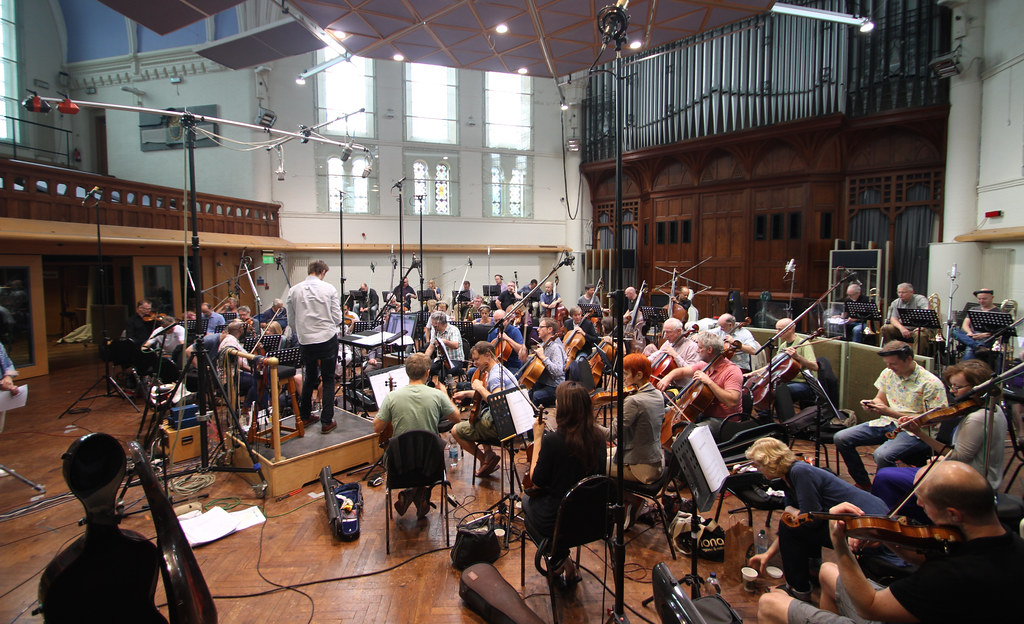
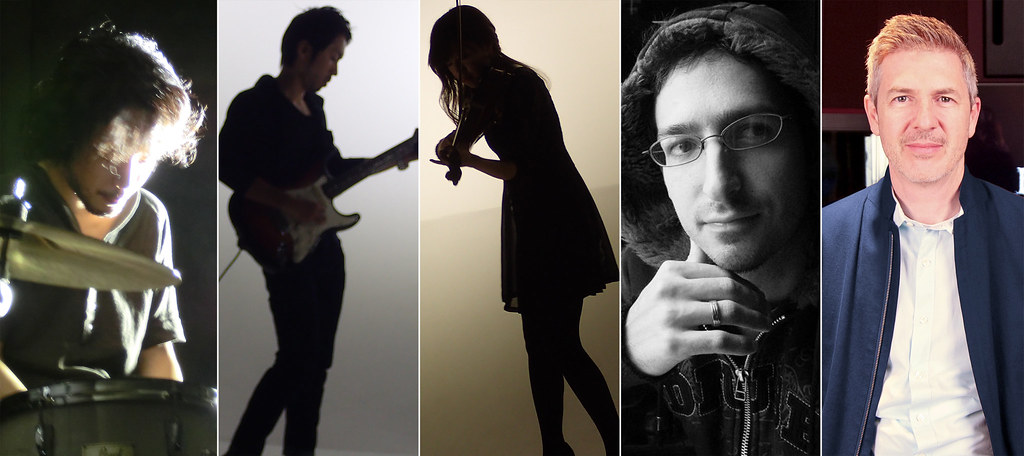
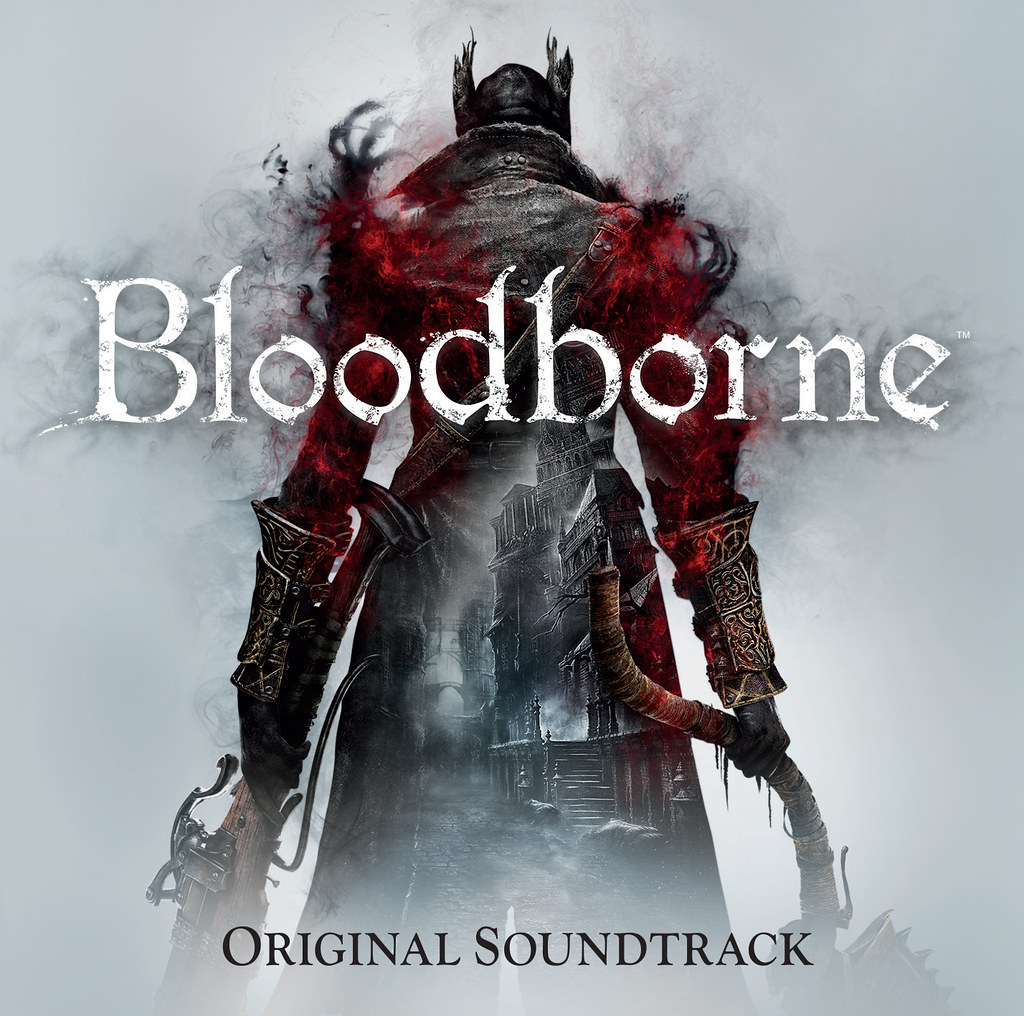
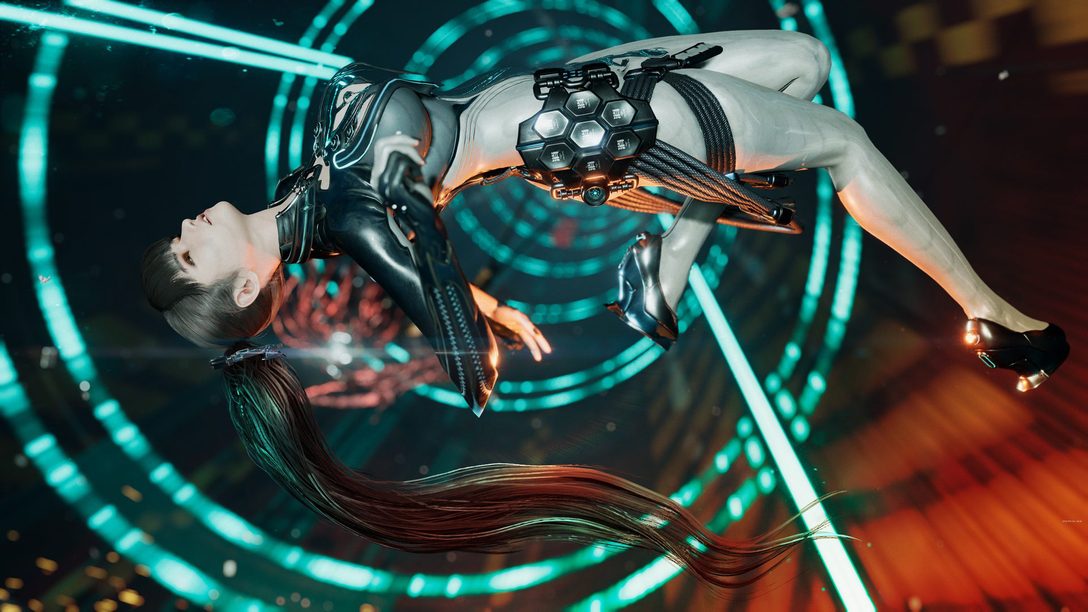
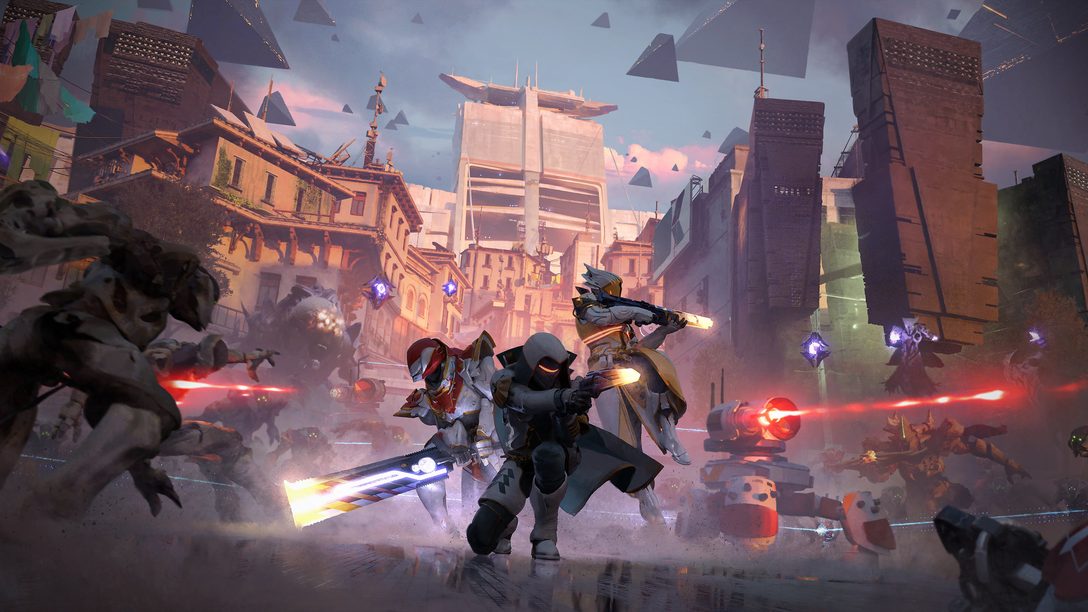
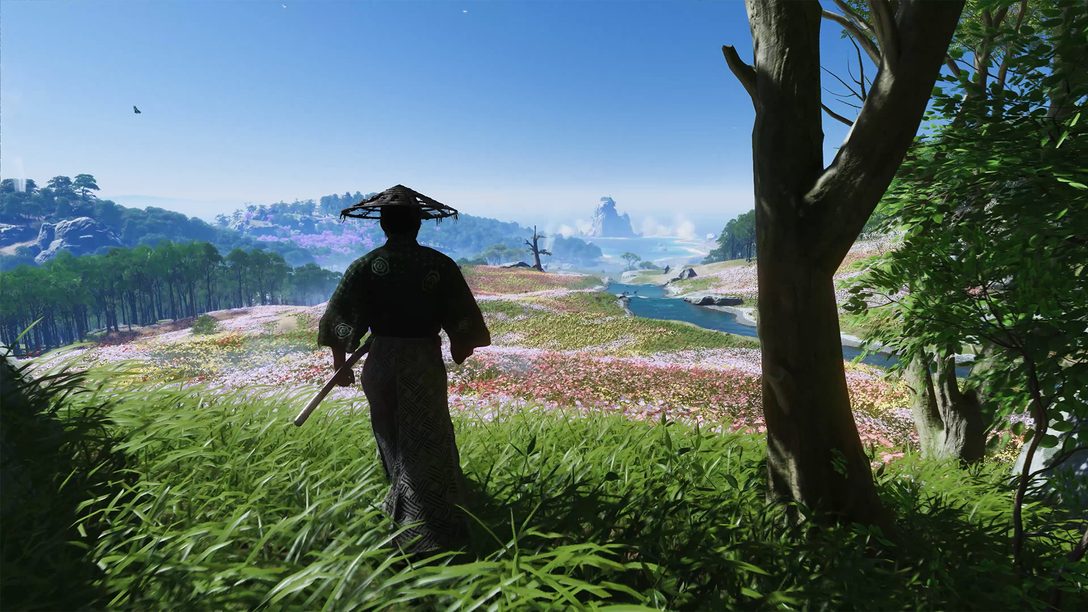
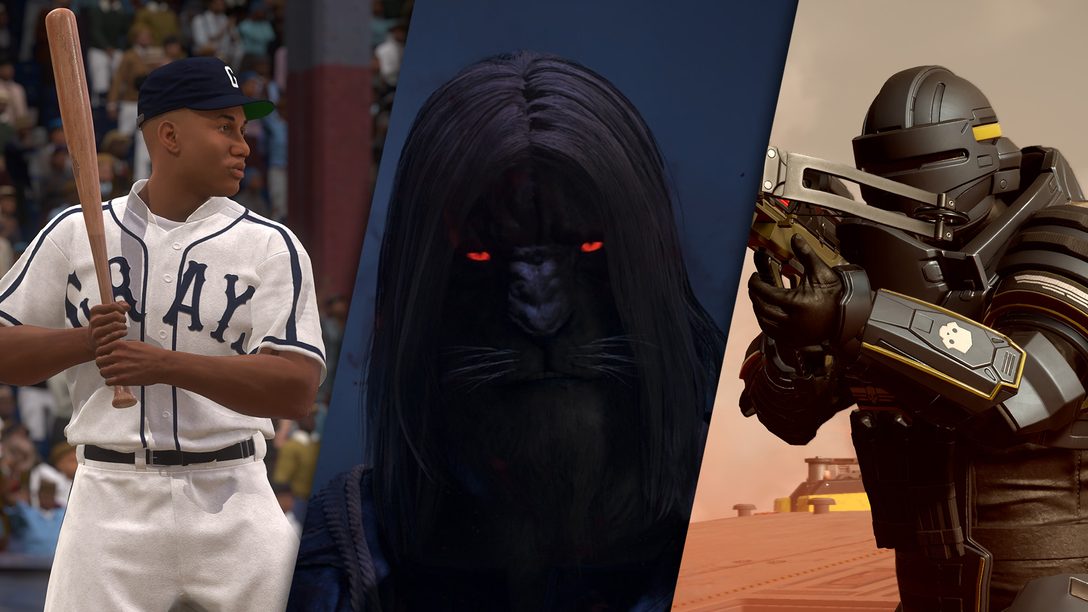
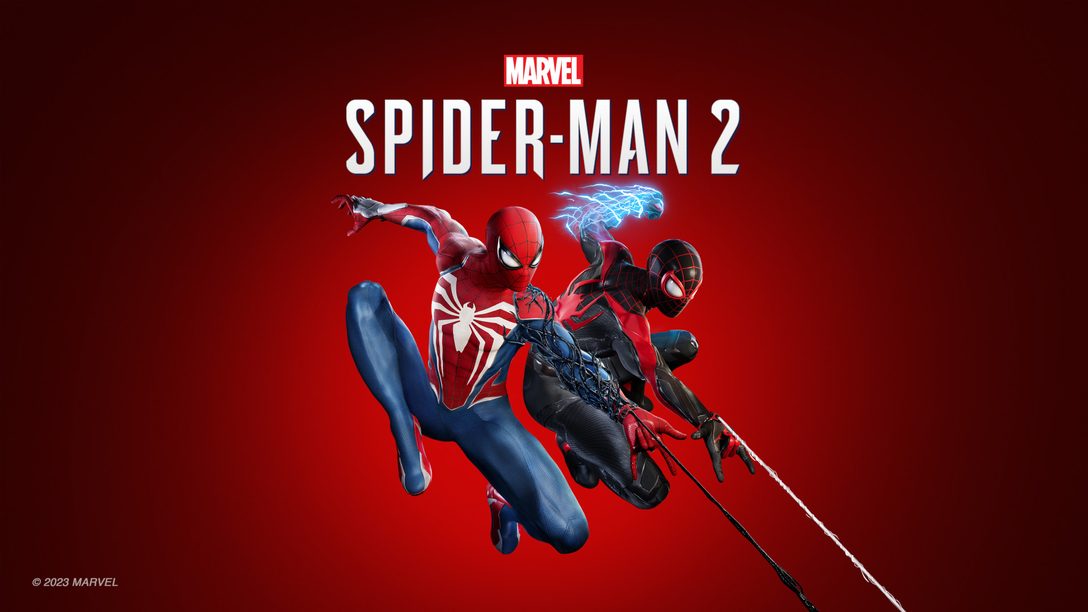



Comments are closed.
15 Comments
Loading More Comments